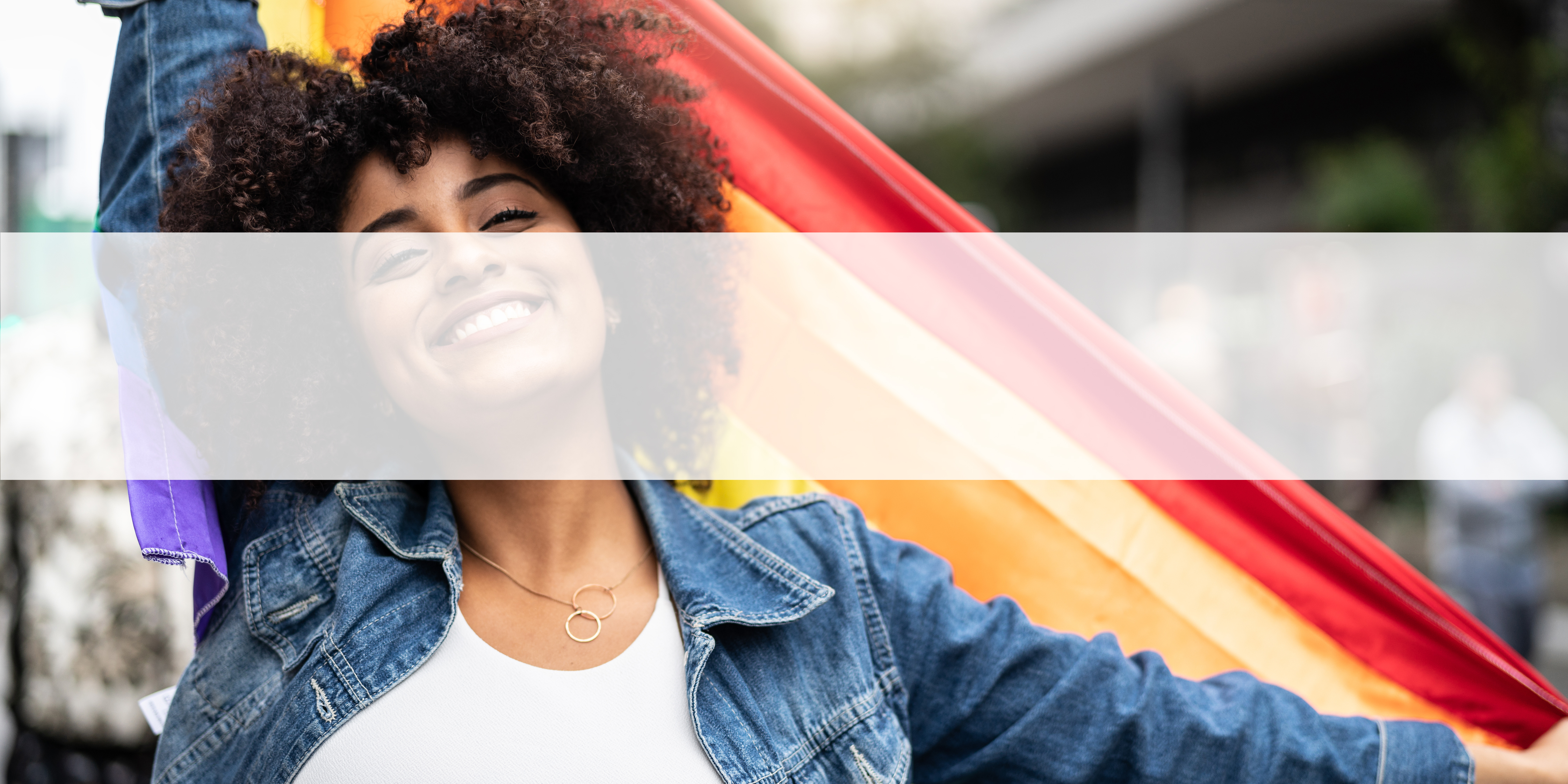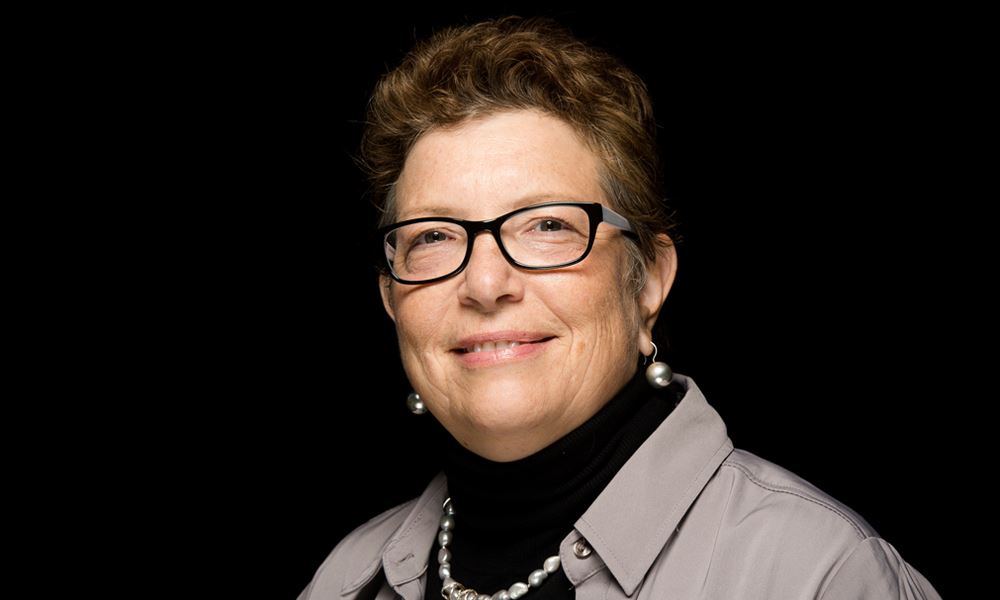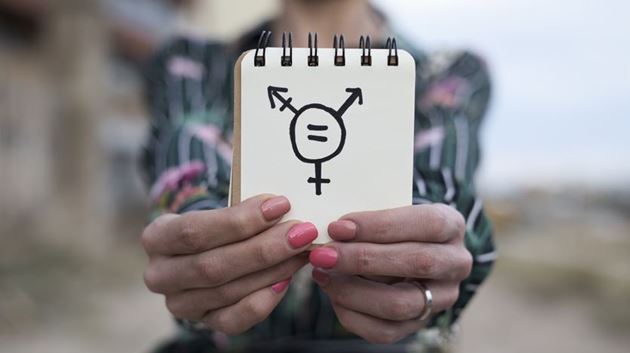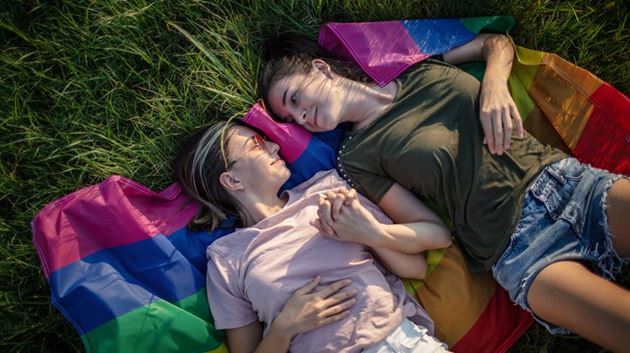
Voices of LGBTI: Anonymous and Liz Golden
#CelebratingDiversity
26,000 individuals make up who we are at Siemens Gamesa and it is for each and every one of our employees that we are committed to providing a diverse, inclusive and welcoming work environment. Creating equal opportunities for all is the only way that our employees can reach their full potential. We firmly believe that everyone deserves to feel that they can be themselves and feel valued and accepted for who they are.
Today, we begin by introducing you to Liz Golden, responsible for customer communications in our Onshore Marketing Team in North America located in Pennsylvania, USA.
We are wrapping up our Voices of LGBTI series with a story told by Anonymous who is bisexual and still exploring the option of being pansexual. Her story shows that not all LGBTI colleagues feel comfortable enough to be out in the open. It also shows that there is still plenty of work that needs to be done to achieve true equality.

My social circle included several lesbians even before coming out, so I had support and a strong community to go to while I was figuring things out for myself. When I met my first girlfriend, I told my family pretty much right away. I was terrified of course, but my parents were supportive. In response, my mother joined an activist group called ‘Parents and Friends of Lesbians and Gays,’ and became a board member. She was more politically active than I was because it made her angry that a parent would reject their child for being gay! My dad didn’t understand how I could have had boyfriends and now had a girlfriend. But even with his questioning, he was supportive and loving. As it turned out, I have two gay cousins too, both of whom are accepted by their families. Although it took a while for me to come out to him, even my 95-year-old grandfather accepted me! I am so very lucky. It is not like this for many, many people. I have friends who have been together for decades and have not told their families that they are a couple, and others who were excommunicated from church and family because they were gay.
Even with all the support, the initial years were scary. It was different in the 80’s than it is now. There were no big celebrity coming out stories, no TV or movies with gay and lesbian characters. It was the early days of AIDS awareness and there was a lot of anti-gay sentiment. I was afraid to hold my girlfriend’s hand in public because I thought we might be attacked. I would refer to my significant other as ‘they’ to avoid naming her gender and was evasive about my personal life at work. It’s felt awful to lie, but it also didn’t feel safe to be honest. Over the years I persevered, mostly due to the courage and pride of those around me. And, I never thought there was something wrong with me. Today I am happily and legally married since 2016 to a wonderful woman I met in 2012. I cannot stress enough how much it has meant to me to have my relationship be legally recognized. The fact gay marriage is legal in the U.S. is a game-changer.
I am also openly out at work and have been since early on. By the time I joined Siemens Gamesa I was already 50 and living a very integrated life. I figured that if someone mentioned their weekend plans with a spouse or significant other, I could do the same. Still, each time I do that, there is always a moment of fear. Fear that I will be rejected, targeted, judged. Fortunately, I feel accepted at work and especially feel a sense of gratitude when someone acknowledges that I am married, ‘Did you and your wife go to Germany again this Christmas?’ That makes me happy. I feel normalized.
The main challenge for me at work is a sense of isolation from other LGBTI folks at SGRE. I don’t know if it is that I am in a satellite location from regional headquarters or if it is my age, or if I am ‘too’ out of the closet, but I don’t have a sense that there is a community here in North America. If there is one, I am not a part of it, and that makes me sad.
Pride is a personal issue and is different for everyone. For me, Pride means accepting myself, having the freedom to be fully me, and believing in my bones that I have the same rights as anyone who identifies as straight or fits neatly into gender norms when it comes to love and marriage, socio-economic structures, healthcare, policy, legal protections, etc.”
I am at the point where I can accept who I am. Recently, my mum has acknowledged it and asked if I had a girlfriend or boyfriend for the first time. So, she knows. But I am not openly out with most of my extended family or at work. My culture and upbringing make it hard for me to be comfortable and feel that it is okay and normal. And as I’ve grown up, not celebrating this until I went to university, it’s been quite challenging mentally to just be okay and know that nobody will judge you.
I think that I am not coming out at work as it is an internal struggle with myself in being comfortable that anyone could know. I don’t think I have any worries as such, but I have to “vet” someone before just talking about this side of me, just in case.
Now, it’s using the role models at work and seeing what the diversity and inclusion community can do to make this an even easier place to be pro-LGBTI. After all, the workplace is where you spend the majority of your time, so it’s important to reflect positive values where you spend your time. I believe that what you surround yourself with ends up shaping you to be the person you are. If the workplace makes you feel welcomed and represented, it just creates a butterfly effect of positive reinforcement and people will be more inclined to perform better.
I think that Siemens Gamesa is welcoming already. When I joined and had some inductions within the business, I met a colleague who advocated for diversity and inclusion and handed me a Pride pin badge. Something small like this goes a very long way. In fact, it shows that the company is not scared to show its stance on supporting the LGBTI community.
However, what I would like to see is more people being actually interested in diversity and inclusion or supporting it, instead of showing up to work just to do work. In our internal communication channels, I see that it is the same people speaking out every time. I want to see more people who think this doesn’t affect them get involved as this is a cultural issue for the company. Small actions that you think are insignificant could have a greater impact than you think. It doesn’t always have to be the grand gesture.
As a company, it is not enough to just not advocate for homophobia. It is about actively promoting LGBTI rights. Companies should not be scared to voice their opinion on things that affect their own employees. Instead, they should actively encourage their employees to be who they are at work and thereby alleviate extra pressure and micro-aggressions that affect individuals negatively.
I went to a Pride festival for the first time in 2018 and there begun to understand what it was all about. Today, celebrating Pride in my personal life means that I can fully appreciate what the people at the riots struggled for and the fact that I can be who I want to be now without discrimination as a result."



